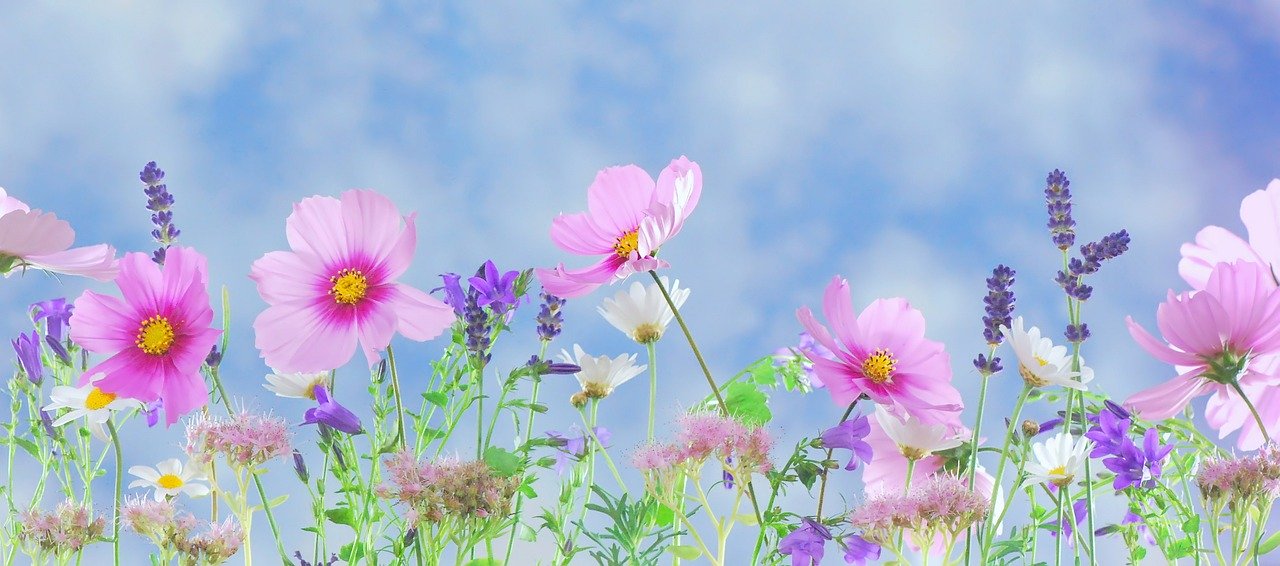Today I had intended to lead a Spring Coaching Walk around the campus. I had planned an opportunity for colleagues to engage in individual problem solving or reflection using our natural surroundings as both stimulus and metaphor. The turning of the seasons offers wonderful opportunity to transform our thinking.
As it turns out our separation means we cannot come together or explore our University surroundings. So instead I offer a short guide for your own Spring Coaching Walk – whether this be in your garden if you are lucky enough to have one, on your once a day “allowable” walk outside if you are not self-isolating, or even within your home.
Walking, moving, even standing up changes our capacity to think; it offers us, quite literally, a different view and this can unlock insights, help our breathing and offer increased oxygen to our brain, allowing us to think more creatively. And that is before you even factor in benefits to your health of a less sedentary lifestyle.
To start we need to ask ourselves a question, to frame an intent for the exercise. This might be in the form of “How can I…” or similar. The rest of that sentence will be entirely personal. If it helps, some questions I have been asking myself recently have been:
- “How can I feel productive while surrounded by family activity”
- “How can I find time and inclination to write more”
- “How can I make use of our isolation to work on the garden when I don’t know what I am doing”
Now we need to get ourselves into the coaching space. Stand up, slow your breathing, close your eyes and tune into your surroundings. I like to do this by counting sounds. As I write I can hear a clock ticking, the breeze whipping up the side of my house, a car, at least two types of birds singing, my fridge humming. All sounds that would slide into white noise were I not bringing my attention to them.
Open your eyes and begin to walk; wherever you may be. Keep your steps gentle as this is not a time for rushing. Look around and find something you may not have noticed or paid attention to recently; like the sounds perhaps it had dropped into your visual white noise. Look at it, really take it in, the textures, the colours, the shapes, touch it if you like. Appreciate it anew.
Now we are connected to our surroundings it is time to bring in the seasonal aspect of our walk. All seasons offer opportunities to take stock, refresh, connect with our evolutionary rhythms and move forward. Spring is the master of this metaphor. Many cultural and religious rituals are connected with this, such as the Pagan Imbolc, Spring Equinox and Beltane; and the Christian Lent and Easter. They are rooted in our desire to cast away the shroud of Winter and nurture light, growth and new beginnings; give hope for resurrection.

So, holding your intention or question as the background frame of your thinking, I invite you to simply walk. Wherever you find yourself – around your house, in your garden, perhaps around your neighbourhood or towards a more rural setting. Use these Spring metaphorical prompts to ponder:
- What can I let go of to help me answer my question?
- What cobwebs do I want to brush away?
- What will put a spring in my next step toward resolving my issue?
- What seeds can I plant now?
- What clutter in my mind would benefit from a spring clean?
- How can I let more light in?
- What ideas could I nurture into bloom?
The length or time of your walk is not relevant; it can be whatever you have. You may find you have a revelation after 5 minutes, or you may walk for an hour and discover nothing more than an enjoyment of the sun on your face and fresh air in your lungs. If so, return to these questions when you can, perhaps the seed of an answer is germinating inside and will need the glare of the summer sun to fully emerge. Nature has its own rhythms that will not be dictated to; our thoughts often the same. However, Spring is a time to let a little light in.
I hope that by the summer we will be back on campus and can enjoy the next seasonal coaching walk together in the beautiful grounds and gardens.
Juliet Flynn, Organisational and People Development Advisor
 People, Culture and Inclusion
People, Culture and Inclusion Juliet Flynn
Juliet Flynn 613
613


